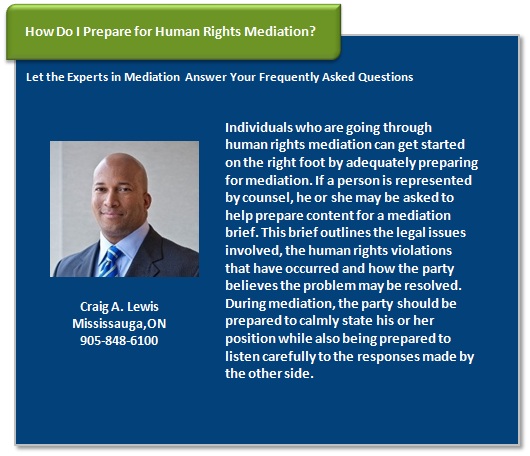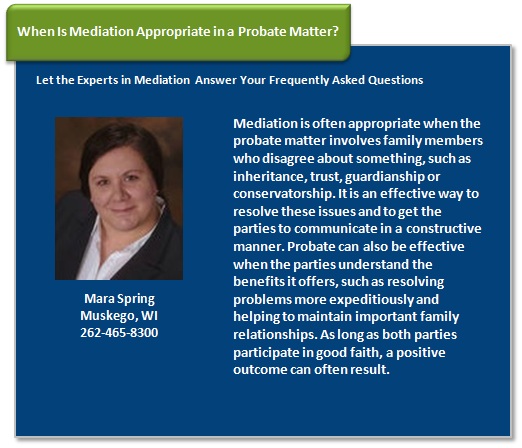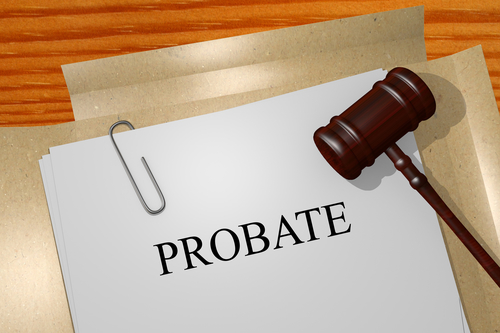8 Common Predictors Of Divorce And What They Mean For Your Relationship – Divorce rates in the United States have been cause for concern since the ’80s, despite finally being on the decline. The puzzlingly high percentage of marriages that end in divorce, however, have pushed experts to study the causes of this phenomenon.
10 states where foreclosure woes linger – The residential foreclosure rate has been below pre-recession levels since late 2016 and continues to fall, according to a new report from ATTOM Data Solutions. In fact, the real estate information company’s latest quarterly and monthly analysis of foreclosure data found that foreclosure activity in the first quarter of 2017 was at its lowest level in nearly 11 years nationwide, as well as in 102 of the 216 metropolitan areas analyzed.
Prepare for the Digital Health Revolution – The business of medicine is inefficient, expensive, and ripe for disruption. Here are 21 companies that are using technology to reinvent it—and to change our lives in the process.








 Probate cases are often difficult for a number of reasons. A family has lost a loved one while also grappling with financial decisions and consequences. Rather than bringing further complication into the case, many loved ones decide to mediate their probate case.
Probate cases are often difficult for a number of reasons. A family has lost a loved one while also grappling with financial decisions and consequences. Rather than bringing further complication into the case, many loved ones decide to mediate their probate case. When a patient is in a dispute with a hospital, doctor or other healthcare provider, the parties may agree to mediation to help them resolve their legal case. The mediator plays a pivotal role in the potential success of mediation.
When a patient is in a dispute with a hospital, doctor or other healthcare provider, the parties may agree to mediation to help them resolve their legal case. The mediator plays a pivotal role in the potential success of mediation.